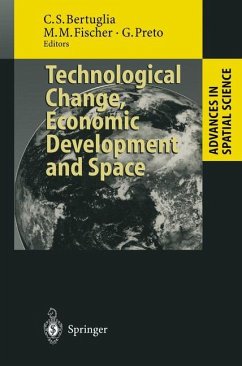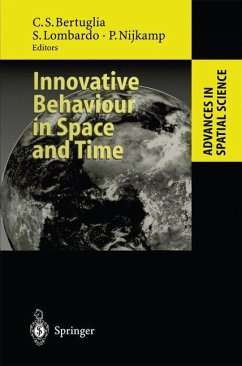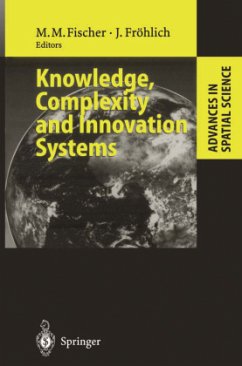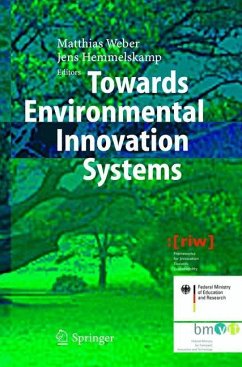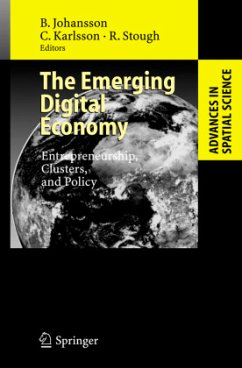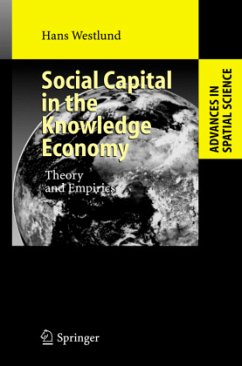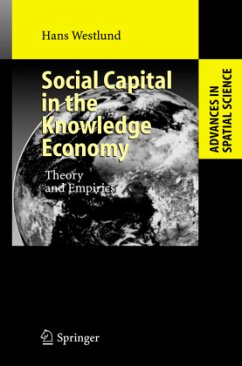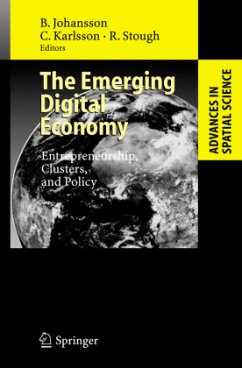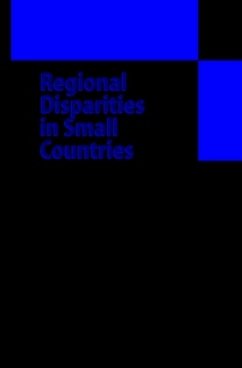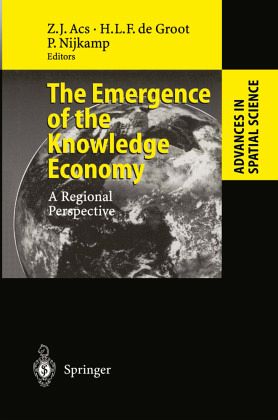
The Emergence of the Knowledge Economy
A Regional Perspective
Herausgegeben: Acs, Zoltan J.; Groot, Henri L.F. de; Nijkamp, Peter
Versandkostenfrei!
Versandfertig in 6-10 Tagen
113,99 €
inkl. MwSt.

PAYBACK Punkte
57 °P sammeln!
Knowledge has in recent years become a key driver for growth of regions and nations. This volume empirically investigates the emergence of the knowledge economy in the late 20th century from a regional point of view. It first deals with the theoretical background for understanding the knowledge economy, with knowledge spillovers and development externalities. It then examines aspects of the relationship between knowledge inputs and innovative outputs in the information, computer and telecommunications sector (ICT) of the economy at the regional level. Case studies focusing on a wide variety of...
Knowledge has in recent years become a key driver for growth of regions and nations. This volume empirically investigates the emergence of the knowledge economy in the late 20th century from a regional point of view. It first deals with the theoretical background for understanding the knowledge economy, with knowledge spillovers and development externalities. It then examines aspects of the relationship between knowledge inputs and innovative outputs in the information, computer and telecommunications sector (ICT) of the economy at the regional level. Case studies focusing on a wide variety of sectors, countries and regions finally illustrate important regional innovation issues.





